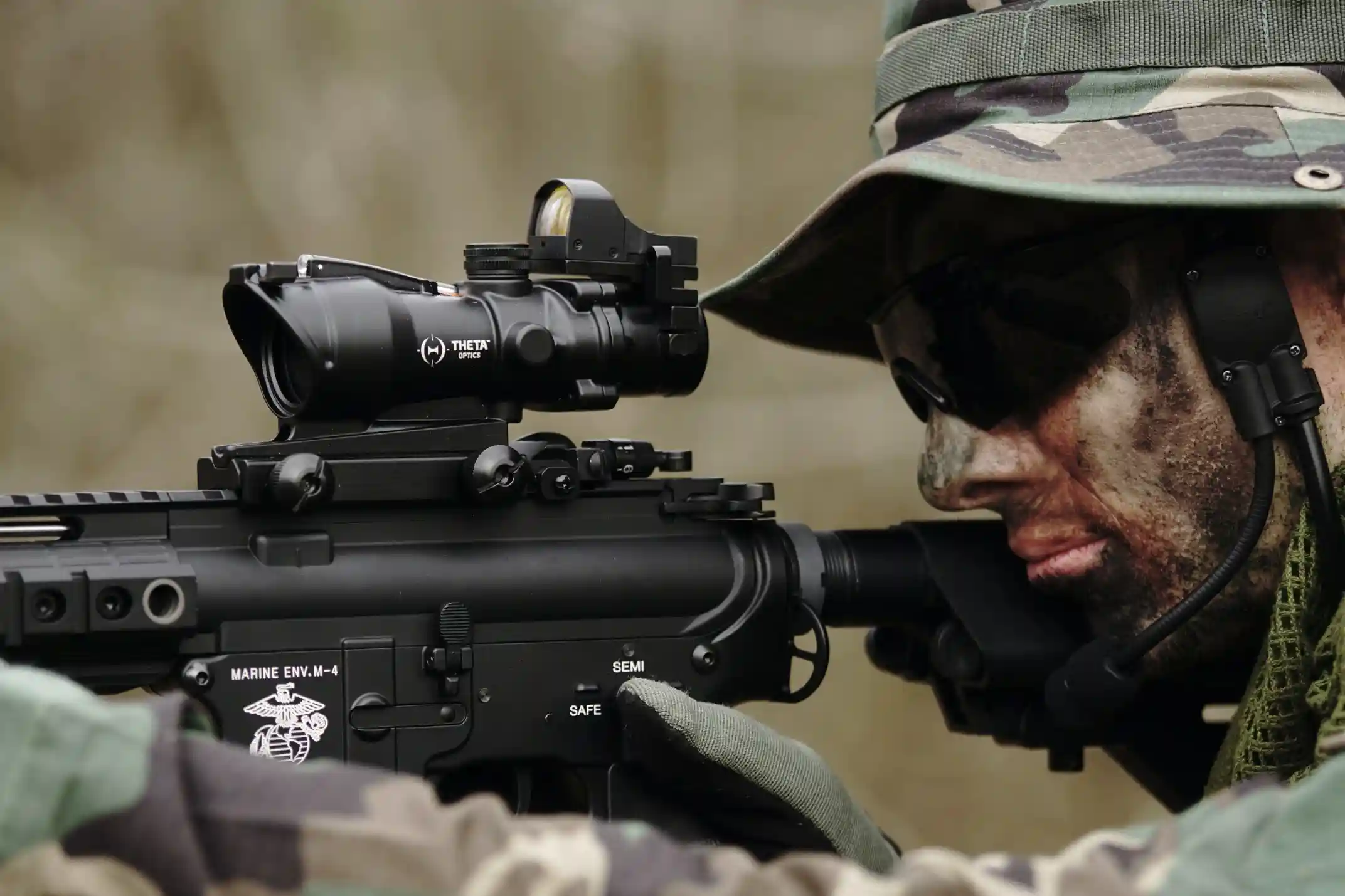Sniping: The Art of Precision Fire
04/08/2025
Sniping is an exquisite form of military skill that requires not only high firepower, but also a deep understanding of tactics, incredible patience and camouflage skills. In today's military conflicts, the role of snipers has become even more important, as their ability to effectively neutralize targets at long distances can radically change the course of battle.
History and Evolution of Sniping
Sniping has a long history that dates back to the advent of firearms. However, its real origin dates back to the 18th and 19th centuries, when archers began to specialize in precise killing shots. Snipers were primarily used to kill enemy officers and neutralize key posts. During the First and Second World Wars, sniping developed quite significantly. A large selection of special weapons and optical sights allowed snipers to work at long range, reducing the risk of open detection.
Technologies and Trends
A modern sniper is not just a soldier with a rifle. He is a specialist with sophisticated training that includes advanced marksmanship, reconnaissance skills, and an understanding of technology. Modern optical sights provide excellent long-range visibility and the ability to correct shooting based on various factors such as wind, distance, temperature, etc.
Psychology and Ethics
Sniping requires not only physical skills but also a strong psychological state. A sniper must remain calm and cool in stressful situations where his decisive shot can determine life or death. Ethical aspects should also not be underestimated, as the sniper must decide when his action is justified and important for military strategy.
Concluding Thoughts
Sniping remains one of the most important and high-tech branches of military art. Dedication and commitment to the task, excellence in targeting and understanding of strategy make snipers indispensable figures on the modern battlefield, influencing the outcome of military operations and the safety of their own troops.
